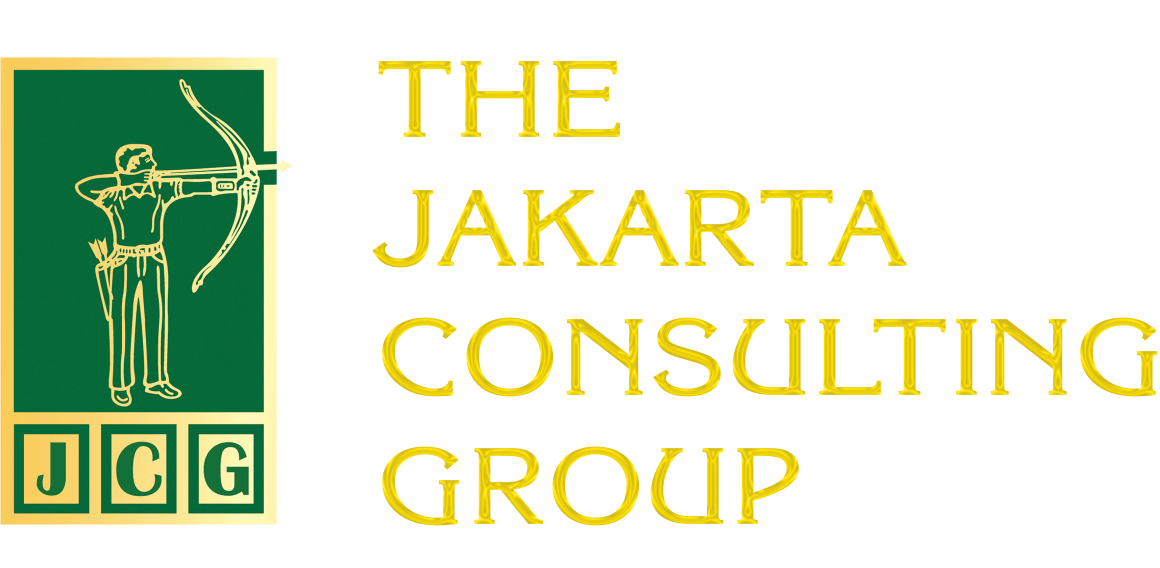The history of business is marked by a series of crises, from the global financial crises of 1998 and 2008 to the COVID-19 pandemic. Almost all business sectors have felt the impact: large companies have collapsed, markets have fluctuated, and new business models have emerged from the economic ruins. However, there is one interesting pattern that continues to repeat itself: family businesses tend to be more resilient in the face of crises than non-family businesses. A study conducted by Deutsche Bank International Private Bank (IPB) during the COVID-19 pandemic showed that many family businesses in Germany performed better during the crisis.
Although business share prices fell by 23.7 percent during the first phase of Covid-19, companies without family shareholders experienced an even greater decline in share prices – 30.7 percent. “In the case of family businesses, the decline is on average smaller in a crisis, and recovery is usually much faster
Why is this the case? Is it because of the culture, leadership, or long-term strategy that characterizes family businesses? Let’s explore the reasons behind their resilience.
A clear and strong vision
One of the key strengths of family businesses is their long-term orientation. Unlike public companies, which are often pressured by shareholders to pursue quick profits, family businesses tend to invest with a cross-generational perspective.
For founders, the business is not just a money-making machine, but a legacy to be preserved. They think about the sustainability of the business for their children and grandchildren, not just quarterly financial reports. This is what drives many family businesses to make decisions that may not be popular in the short term, but are beneficial in the long run.
Emotional Bonds and High Loyalty

Family businesses have a rare intangible asset: emotional bonds. A sense of responsibility for the family name makes members willing to make greater sacrifices in times of crisis.
This loyalty is also reflected in the work culture. Employees in many family businesses are not just seen as workers, but as part of the “extended family.” When tough times hit, they are often willing to accept temporary pay cuts or role changes for the sake of the business.
In Indonesia, Astra International is a prime example. Founded by the Soeryadjaya family, the company has successfully weathered various crises thanks to internal solidarity and high employee dedication.
Careful Financial Management
Family businesses are generally more conservative in managing finances. They tend to avoid excessive debt and always prepare cash reserves for emergencies. Although it seems traditional, this approach actually serves as a shield when crises hit.
While other companies are busy paying off debts, family businesses with healthy financial structures can be more flexible. They do not need to rush into layoffs or sell off strategic assets because they have cash reserves.
Walmart, which began as a Walton family business, is a successful example. Their strict financial philosophy helped the company survive even during an economic recession.
There is also an interesting story from Groninger, a family business founded in 1980 that recorded sales of approximately US$303 million in 2023. The company manufactures medicines and cosmetics and is headquartered in Crailsheim, Baden-Württemberg, Germany. Jens Groninger, the son of the company’s founder, currently serves as CEO.
One of the keys to Groninger’s success is consistently filling market niches with a business that has continued to grow over the years. Groninger has grown steadily, not excessively, but little by little each year. Despite generating profits, the company does not maximize them. The company also does not have to answer questions about the ups and downs of stock prices.
Quick Decision-Making Process
Crises demand quick responses, and family businesses are typically more agile in decision-making. Without the complex bureaucracy of large corporations, important strategies can be formulated through brief discussions among family members.
This flexibility allows them to adapt quickly. During the COVID-19 pandemic, many small family businesses in Indonesia immediately shifted to online sales, while larger companies took a long time to develop digital strategies.
Closeness to the Local Community

Many family businesses grow from the ground up and have strong ties to the surrounding community. These relationships become an advantage during crises, as local customers tend to remain loyal. For example, family-run culinary businesses often survive during pandemics because customers feel an emotional connection. This “neighbors helping neighbors” support becomes invaluable social capital.
Focusing on Values, Not Just Profit
Family businesses are often built on certain values—honesty, hard work, or excellent service. These principles serve as a compass when facing challenges.
Roche, a Swiss family-owned pharmaceutical company, for example, has always adhered to the principle of long-term innovation. Instead of chasing quick profits, they invest heavily in research.
As a result, when the pandemic hit, Roche was ready with the healthcare solutions the world needed.
Regeneration and Innovation as the Key
Not all family businesses are automatically crisis-proof. Those that succeed are usually able to combine the wisdom of older generations with the breakthroughs of newer ones. The next generation brings fresh ideas, such as digitalization and modern marketing strategies. When combined with the caution of the founding generation, a unique formula for resilience is created.
#family business #crisis #Deutsche Bank International Private Bank #legacy #legacy #Astra International #conservative #Walmart #Groninger #decision-making #bureaucracy #flexibility #Walmart #Roche #Local Community
Related Posts:
Family Business: Should Leadership Always Stay in the Family?
Organizational Structure in Family Businesses: Formal on Paper, Personal in Practice
The Dynamics of Family Business: The Unexpected Role of the In-Law
Why Are SOPs Often Challenging to Implement in Family Businesses?
THE JAKARTA CONSULTING GROUP PRESENTS











